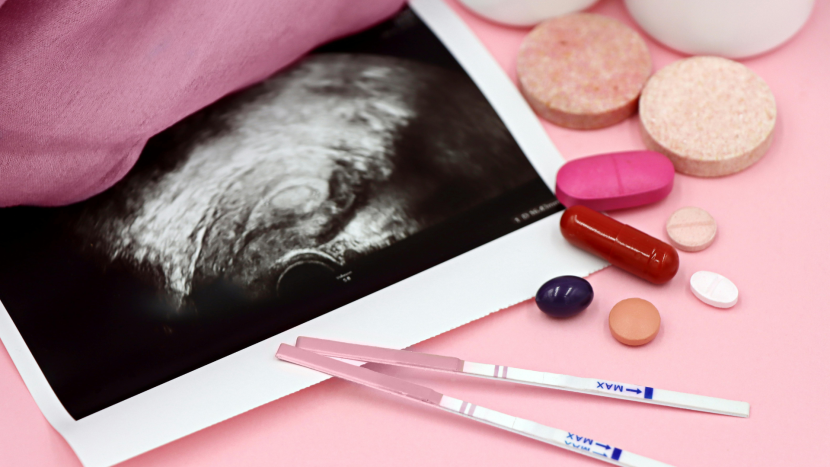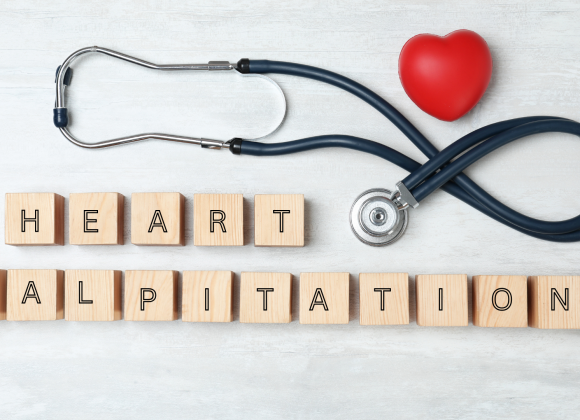Pregnancy is a life-changing experience—and for many women, the first few signs can be subtle, confusing, and even mistaken for something else. Whether you’re trying to conceive or simply curious about changes in your body, recognizing early pregnancy symptoms is the first step in confirming this exciting journey.
In this guide, we’ll walk you through the most common early signs of pregnancy, when they typically appear, and what they mean for your health.
When Do Early Pregnancy Symptoms Start? 🤰
Early pregnancy signs typically start one to two weeks from the time of conception, although the timing may be different for every woman. This is normally around the third or fourth week of pregnancy, from the first day of the last menstrual period. Other women might experience mild changes like fatigue, cramping, or tenderness of the breasts a few days after conception, and others might not see any signs until after the missed period. Hormonal changes, sensitivity levels, and general health all play roles in determining when and how severely these symptoms will appear. Keeping track of changes in your body and testing for pregnancy after a missed period can help determine pregnancy.
🔍 Common Early Pregnancy Symptoms
If you’re wondering whether you’re pregnant, some signs show up sooner than you might expect. These five early symptoms are often the first indicators of the exciting journey ahead. Let’s take a closer look at the most important signs and what they mean for your body.
1. Missed Period
A missed menstrual cycle is often the first and most reliable sign of pregnancy, especially if your periods are usually regular. This occurs because the body begins producing the hormone hCG (human chorionic gonadotropin), which prevents the shedding of the uterine lining. However, keep in mind that factors such as stress, sudden weight changes, excessive exercise, or hormonal imbalances can also delay your period. If you’ve missed your period, consider taking a home pregnancy test for confirmation.
2. Fatigue and Tiredness

Fatigue is one of the earliest signs of pregnancy, often starting just a week after conception. This overwhelming tiredness is mainly due to increased progesterone levels and the body’s work to support the growing embryo. You may feel exhausted even after getting enough sleep. Read more about pregnancy fatigue and ways to manage it.
3. Tender or Swollen Breasts
Hormonal fluctuations can make your breasts feel sore, sensitive, or heavier. You may also notice that your areolas (the area around your nipples) become darker and more prominent. This is one of the earliest physical signs of pregnancy, often noticeable within the first two weeks.

4. Nausea or Morning Sickness
Despite the name, morning sickness can occur at any time of the day. It usually begins around the second or third week after conception and is thought to be triggered by rising hCG levels. Some women also experience increased sensitivity to smells, which can worsen nausea.
5. Frequent Urination
Pregnancy increases blood flow to your kidneys, causing them to produce more urine. Hormonal changes also affect your bladder, making you feel the need to urinate more often, especially at night. Learn how to cope with frequent urination during early pregnancy.
When to Take a Pregnancy Test 🩺
If you suspect pregnancy, the best time to take a home pregnancy test is one week after a missed period. Early-detection tests may give accurate results even a few days before your period, but false negatives are possible.
For best results:
- Use first-morning urine
- Follow instructions closely
- Confirm with a second test or a doctor’s visit

If you’ve had a positive pregnancy test or are noticing early symptoms, it’s important to schedule a prenatal appointment with your y They may confirm your pregnancy with a blood test, perform an ultrasound to check development and location, and conduct a health assessment to ensure a safe and healthy start for both you and your baby.
Natural Tips for Managing Early Symptoms 🌿
While pregnancy is natural, the symptoms can be uncomfortable. Here are some gentle, holistic ways to ease them:
| 1. Stay hydrated: | Helps reduce fatigue and dizziness |
| 2. Eat small, frequent meals: | Helps control nausea and blood sugar |
| 3. Rest and sleep well: | Your body needs more rest during this time |
| 4. Practice yoga or deep breathing: | Reduces stress and stabilizes mood |
| 5. Use ginger or lemon: | Natural remedies for morning sickness |
| 6. Avoid strong odors and spicy foods: | These can worsen nausea |
Final Thoughts
Early pregnancy symptoms can be subtle, surprising, or even overwhelming. While every woman’s experience is unique, knowing what to expect can help you recognize the signs and take appropriate steps for your health and your baby’s development.
If you’re in doubt, don’t hesitate to consult a healthcare provider. Whether it’s your first or fifth time, early care makes all the difference.




